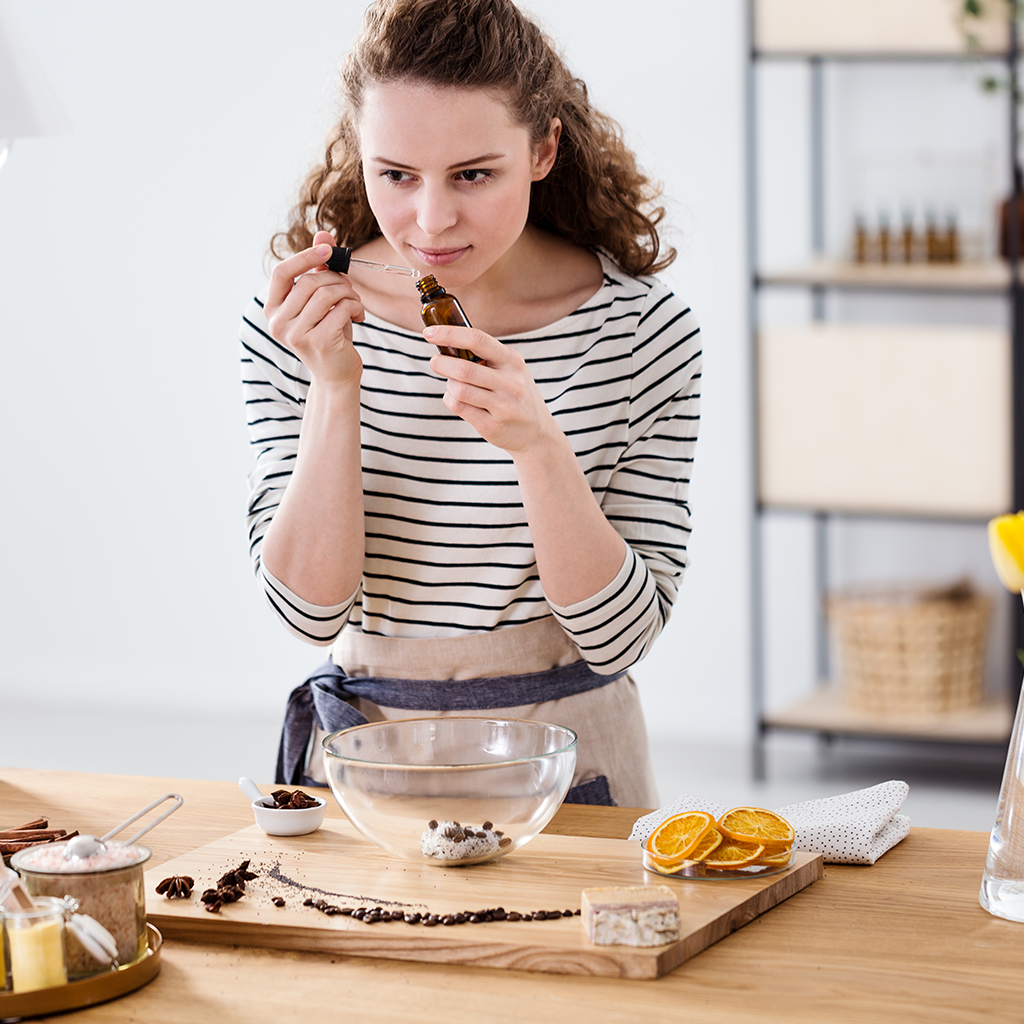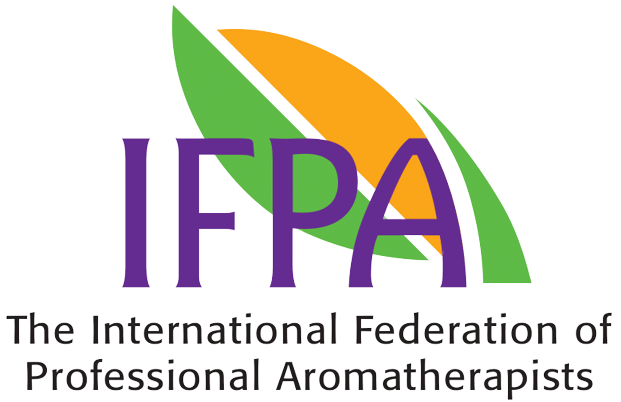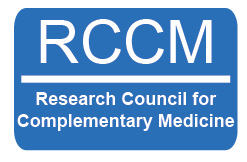about us
What we do.
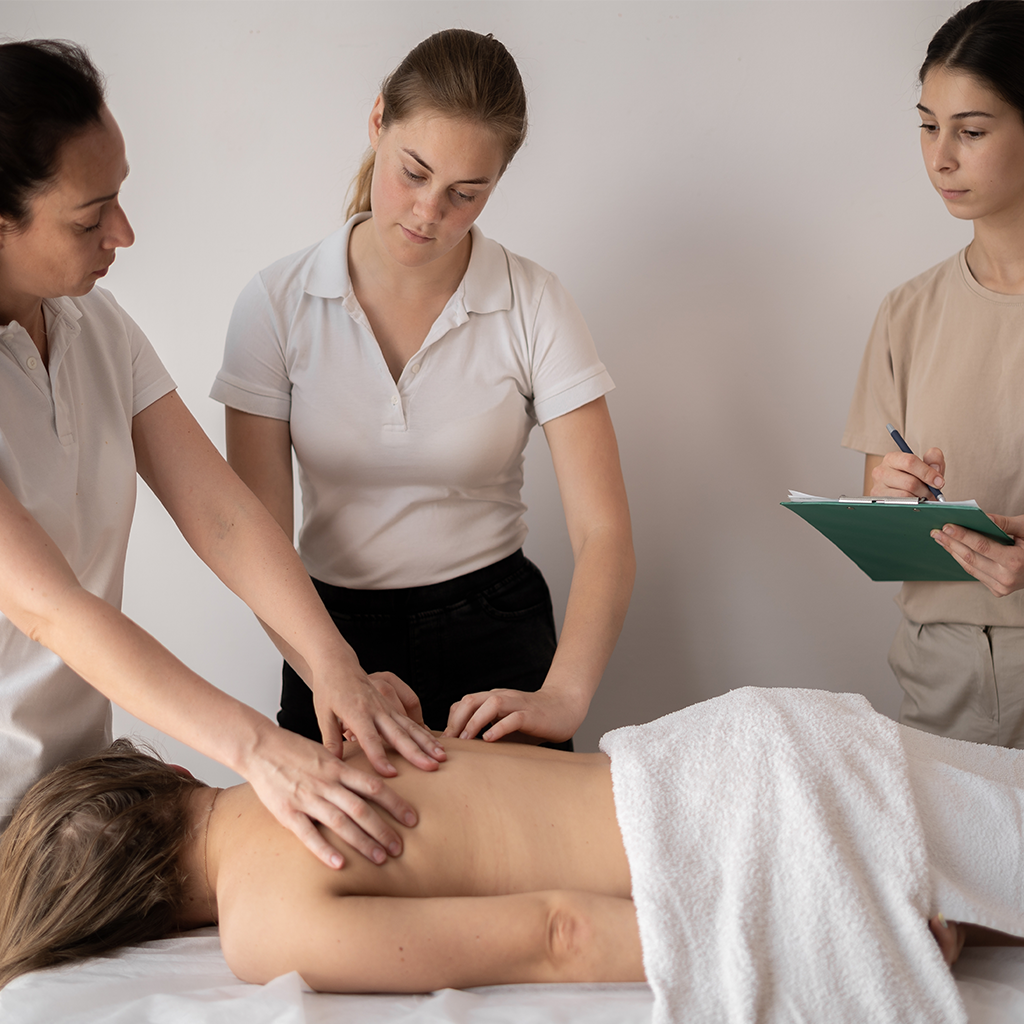
Aromatherapy
What is aromatherapy?
Aromatherapy is the science and art of utilising naturally extracted aromatic essences from plants, to promote and balance the health of body, mind and spirit.
The practice of aromatherapy uses natural plant extracts, such as essential oils, hydrosols and carrier oils, in a variety of ways. Aromatherapy is described as both an art and a science because it takes the knowledge of the scientific aspects of the plants and oils and combines it with the art of producing a beneficial blend. Aromatherapy can be used topically and via inhalation.
Aromatherapy may enhance wellbeing as part of a healthy lifestyle, by offering therapeutic benefits for a range of physical and physiological conditions. This includes those related to stress, muscles, bones, breathing and skin, among others. It can be used to target not only the symptoms, but also the cause. For example, the same blend of oils that is used for a tension headache (caused by stress or lack of sleep), may also promote relaxation and a better sleep, thereby addressing the cause of the issue in the first place.
As practitioners we believe that the effects of essential oils occur on multiple levels.

Physically, by their pharmacological effects on the systems of the body, when absorbed through the skin.

Emotionally, by their effect on the brain, when inhaled.

Energetically (or spiritually) via their vibrational interaction with the body’s energy flows.
Many physical and psychological conditions can be treated with clinical aromatherapy. It may be used to prevent a build-up of stress and an onset of ill-health. Many clients have regular treatment sessions with an IFPA therapist as part of their stress-management programme.
Musculo-skeletal complaints respond well to the combination of essential oils and massage and many skin conditions can be improved with essential oils in topical ointments. The treatment of respiratory conditions with essential oils in inhalations can also be very effective. Anxiety, insomnia and Irritable Bowel Syndrome (IBS) are other conditions that may benefit from aromatherapy.
In some cases, aromatherapy is effective when used alone, but it can also be used to complement conventional treatment. Many IFPA therapists work successfully as part of a care team for patients with long term chronic illness or palliative requirements. These patients appreciate the holistic and gentle approach of aromatherapy, whilst other health workers appreciate the professional and caring attitude of our qualified members.
Although candles, bath bombs, soaps and lotions are both fun and can aid relaxation, they are not aromatherapy as practised by members of the IFPA.
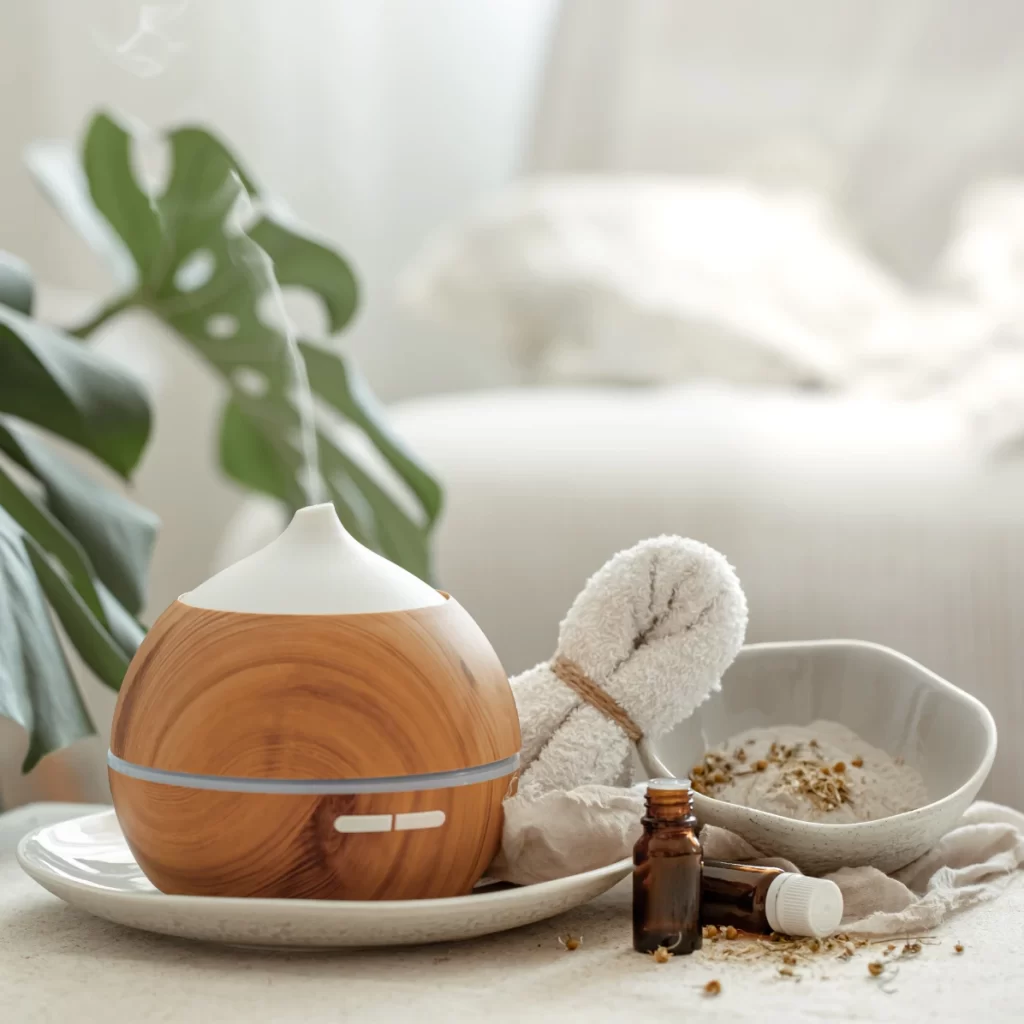
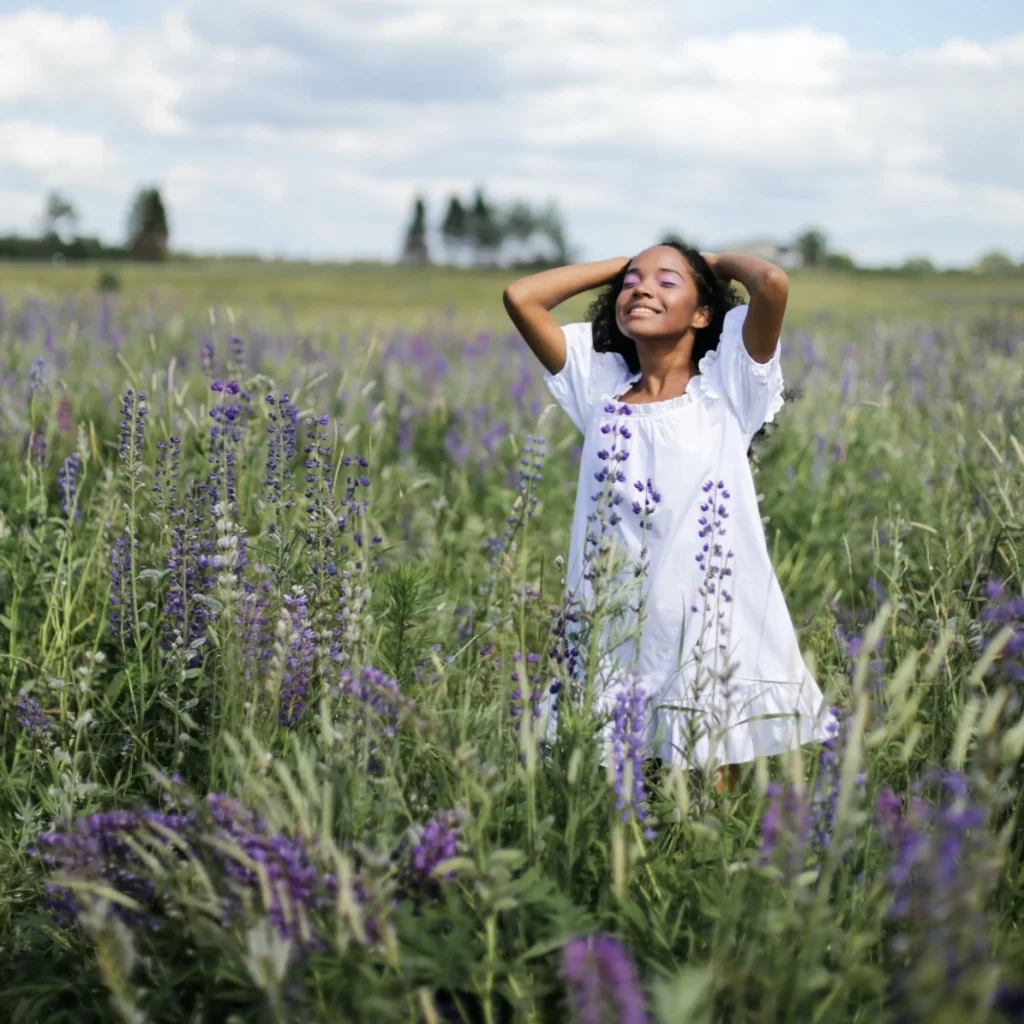
the history of aromatherapy
Where does aromatherapy come from?
The Ancient Egyptians were the first recorded users of aromatherapy oils, although they initially used them for very different purposes than we use them for today. For them, the primary use of oils was in the religious ceremonies of embalming the bodies of the dead. Oils such as myrrh, frankincense, cinnamon and cedarwood have been found in present day excavations, stored in alabaster pots in ancient tombs.
The Ancient Egyptians also knew how to extract oil by means of distillation, infusing the plant in fatty oil, which was then boiled. The perfume would then evaporate and become fixed in the fat.
It is well known that aromatic oils were used in China and India during the same period as ancient Egypt. One of the principal aspects of Indian ayurvedic medicine is massage with aromatic oils, with jasmine, rose and chamomile being particularly popular. The Chinese used aromatherapy oils primarily medicinally, but also burned the oils as part of religious tribute rituals.
Around 450 BCE, Hippocrates, the father of medicine, developed this practice further and recommended the use of aromatic oils in baths. Hippocrates was also the first person to establish and set down a scientific system of medicine, maintaining “the key to good health rests on having a daily aromatic bath and scented massage”.
After the fall of the Roman Empire, scientific research and writing of healing plants stopped. As Christianity spread across the civilized world, monks became responsible for healing and caring for the sick. Manuscripts, copied by hand in Latin, preserved knowledge. But, as Latin was the language only of the rich and the church, whilst most of the population was illiterate, folklore became influential, and the skills, rituals and magic of the village wise woman were once again turned to.
While in the West, the knowledge of healing plants was being suppressed and hidden by the church, in the Middle East, a Persian alchemist by the name of Avicenna, or Ib’n Sina (980 – 1037 CE), was doing some important work in discovering and recording his knowledge regarding medicinal plants. Using the rose, (a flower revered in the Arab world), Avicenna also refined the distillation process.
Moving forward a few hundred years, in Europe, there was a swing back again to the holistic treatment of illness, with one of the most noteworthy physicians being Paracelsus (1493 – 1541). Paracelsus looked again at the wisdom of folk medicine and was one of the first medical professors to recognise that physicians required a solid academic knowledge in the natural sciences. Many books about distillation of essential oils were written in the 16th century, especially in Germany, which seemed to be the centre of European aromatherapy renaissance.
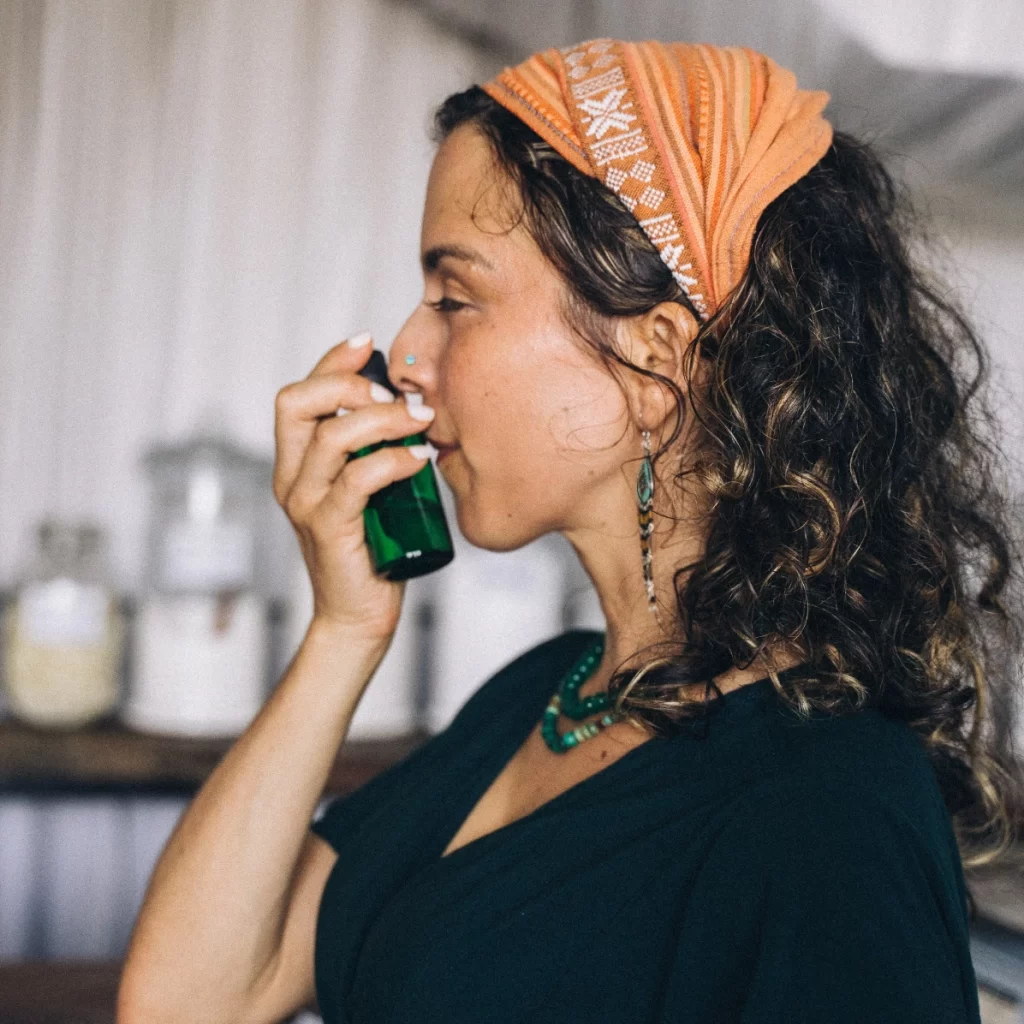
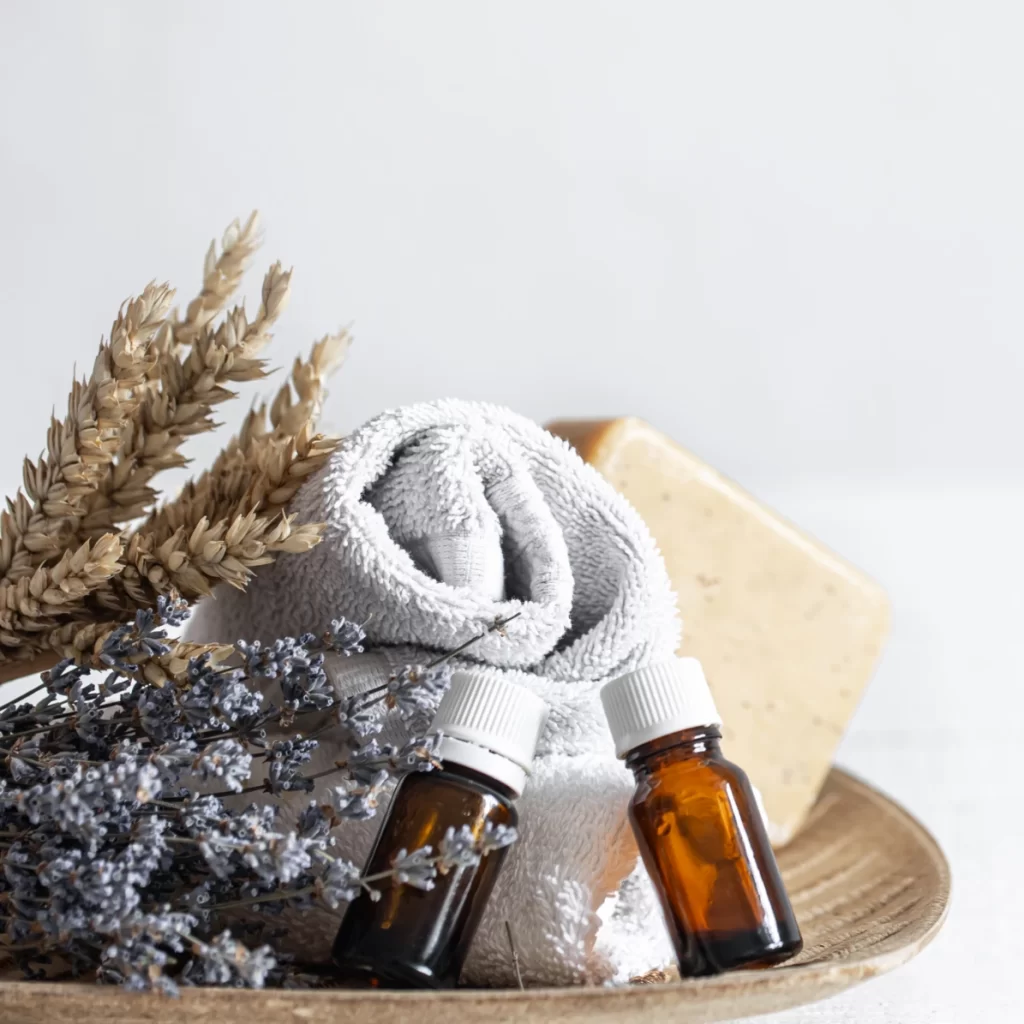
The term aromatherapy as we know it today, was first coined in 1937 by the French chemist and perfumer Rene Maurice Gattefosse. He was not a believer of the natural health movement, but was interested in the properties that essential oils exhibited. In 1910 he burnt his hands badly in his laboratory and rapidly developed gas gangrene. Caused by infection of a wound, gas gangrene is a potentially fatal infection, which contributed to many amputations and deaths in the First World War. Gatefosse’s deliberate application of pure lavender oil stopped the gas gangrene, started the healing process and possibly saved his life. Gatefosse later used the wound healing and antiseptic properties of essential oils in his care of soldiers in military hospitals during WWI and coined the term “aromatherapie”.
Dr. Jean Valnet, a French army surgeon, used essential oils in the treatment of war wounds during the Second World War. He spent his life trying to prove the nature and uses of essential oils in scientific terms, especially their therapeutic properties and value in everyday medicine.
The first aromatherapy clinics in Paris, England and Switzerland were launched by Marguerite Maury, a French biochemist and nurse. She specialised in the rejuvenating properties of essential oils and overall sense of well-being they provided. She also established her own massage techniques using a Tibetan technique that applies massage oils along the nerve endings of the spinal column.
To this day, there is a growing movement back towards natural products either instead of, or hand in hand with conventional medicine.
How to become an IFPA member?
career in aromatherapy
Aromatherapy as a career and how to become qualified?
Aromatherapy can be an incredibly rewarding career. IFPA therapists fulfil many roles including, but not limited to the following:
- Offering aromatherapy treatments to clients.
- Offering aromatherapy as one of a range of treatments.
- Specialising in aromatherapy for specific conditions.
- Working alongside conventional medical / care teams for clients with specific conditions.
- As fully trained medics who have received training in aromatherapy.
- Offering courses to the public or CPD courses to other aromatherapists.
- Owning or managing an IFPA training provider, offering a range of courses including diploma courses
- Supplying oils, blends, ingredients and aromatherapy equipment.
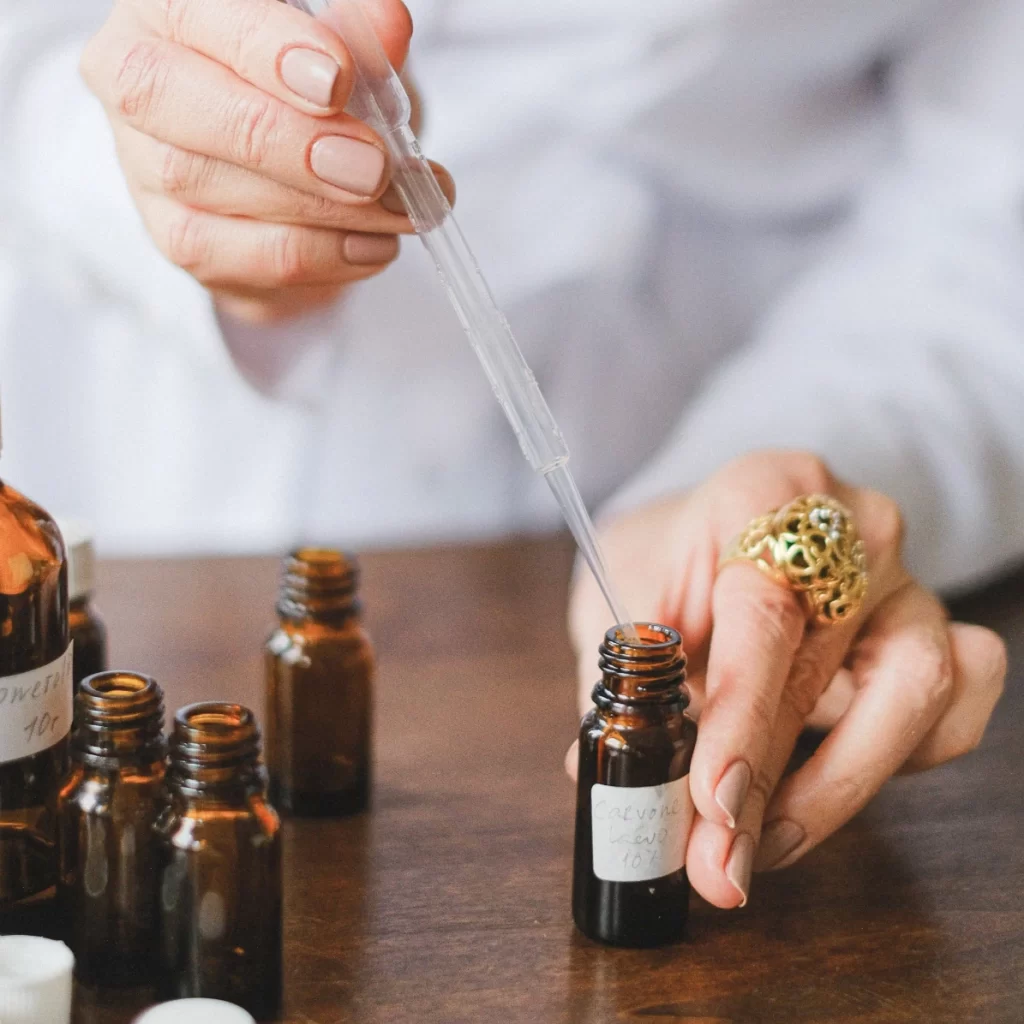
IFPA aromatherapists are trained in the safe use of aromatherapy and many are qualified masseurs too. Some aromatherapists have studied additional disciplines; acupressure, aromatherapy for babies and children, pregnancy massage – the list is endless. These additional disciplines enable therapists to support every individual according to their needs.
As a full member of the IFPA, with IFPA after your name and our certificate on your wall, you make it clear to clients and other health workers that you are fully trained and practise to the highest proficiency. You are a professional aromatherapist, supported and governed by the IFPA and eligible to register with the Complementary and Natural Healthcare Council, the UK voluntary regulating body.
Already qualified therapists (ITEC or other qualifications) can apply to upgrade to become a member of the IFPA. Your qualifications and experience will be assessed by one of our IFPA accredited training providers. You may be able to join immediately as a full member, otherwise any further training required to meet our standards will be discussed with you. As there are many courses in aromatherapy available with different levels of training, we treat each upgrade applicant individually. You will have the same benefits as IFPA members, who have trained with one of our accredited training providers and the same commitments; suitable practitioner insurance, adherence to our code of practice and the undertaking of regular CPD courses.
IFPA students have their own membership category until they have passed all aspects of their diploma course.
about Essential Oils
Essential Oils
Essential oils are concentrated, water-repellent liquids that contain volatile chemical compounds. They are manufactured in the leaves of some plants during the process of photosynthesis and then stored in a variety of places, such as in the flowers, leaves, fruit, seeds, etc. Not all plants produce essential oils.
Essential oils are extracted by a variety of methods, including distillation and expression. Each essential oil is made up of a unique mixture of chemical components which result in its individual therapeutic properties.
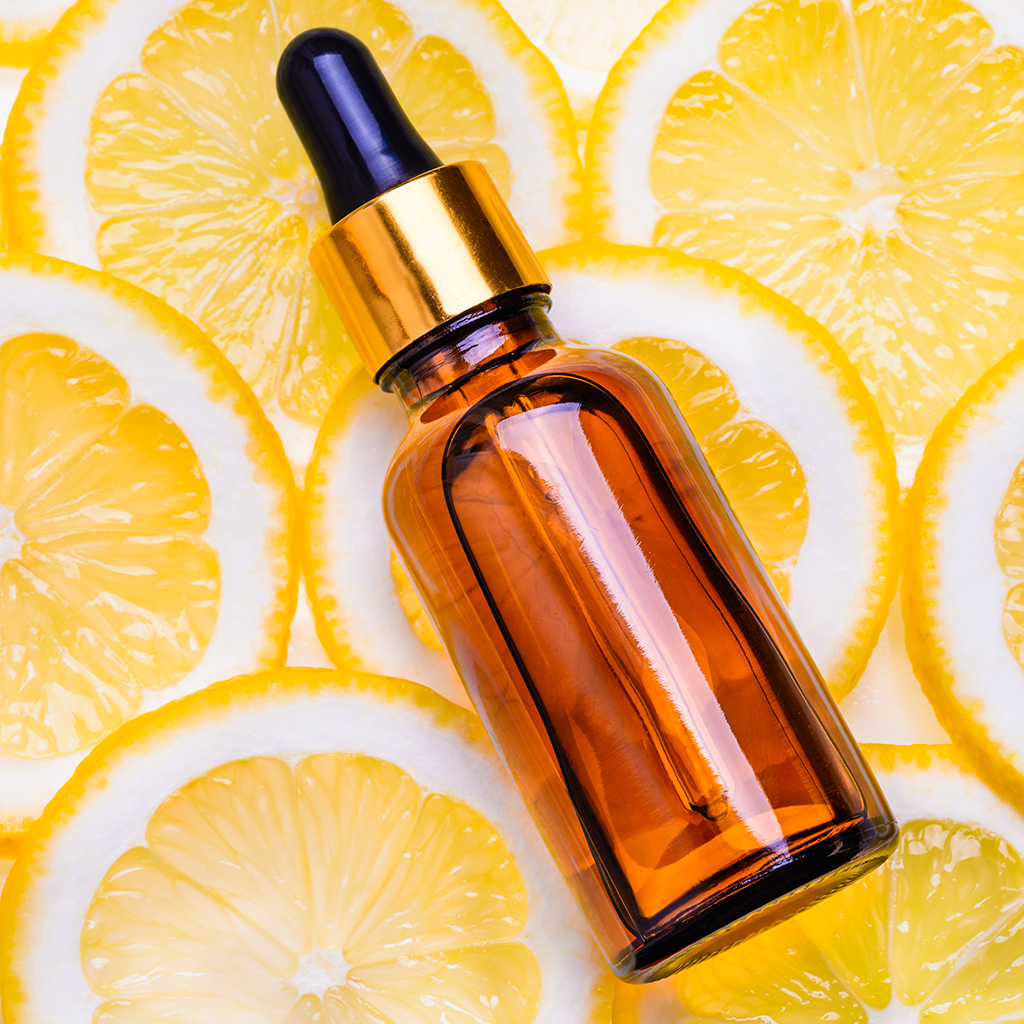
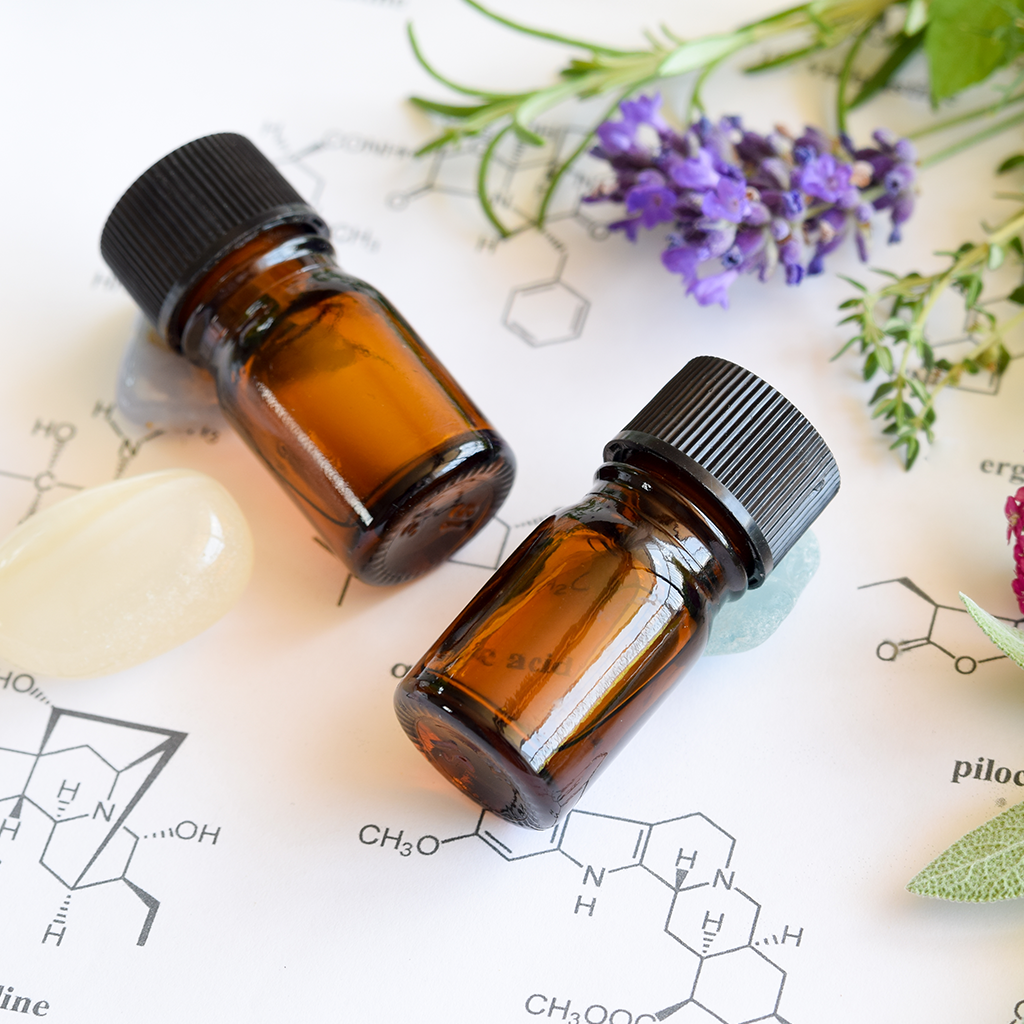
Essential Oil Safety
Safety Is our priority
In the present day, essential oils are used by millions of people every day – mainly without issue. However, just because they are natural does not mean they are safe. Essential oils are powerful substances and can be harmful if not used with due care and diligence. The essential oil in a bottle is 50-100 times more concentrated than that in the plant and safety issues apply to essential oils that may not apply to the whole plant or herbal extract (TisserandInstitute.org).
An IFPA aromatherapist will never suggest that you use oils neat on your skin, nor advise that you ingest essential oils. Whilst they have a host of benefits, essential oils have zero nutritional value and if you see what neat oils can do to your skin, imagine what they are doing to your insides. So, if someone suggests you use an essential oil neat or put a drop in your water, please don’t. Find another aromatherapist!
Read the IFPA statement on the Internal Neat Use of Essential Oils
However, there are exceptions to the above rule. In France, medical doctors (with specialist aromatherapy training) can legally practice what is known as medical aromatherapy or aromatic medicine. It does sometimes involve internal application of essential oils, but in a medically controlled manner to minimise the risks of sensitisation, allergic reaction, or toxic overdose. Even these doctors won’t recommend you ingest neat oils.
Just because something is natural, does not necessarily mean it’s safe. Please remember this, especially if you have health conditions, are taking medication, are ingesting essential oils, or using them neat on your skin.
Grapefruit, for example, may interfere with some blood pressure medication. St. John’s wort may interfere with some antihistamines. And if you’re on blood thinners, there are eight essential oils that you should avoid.
There are also certain conditions that preclude the use of certain essential oils. Many people know to be careful when pregnant / breastfeeding and not using essential oils on babies under 2. But there are also essential oils that are contra-indicated for epilepsy, heart conditions, liver and kidney problems, high blood pressure, low blood pressure, endometriosis, certain types of cancer and oils that can be skin irritants.
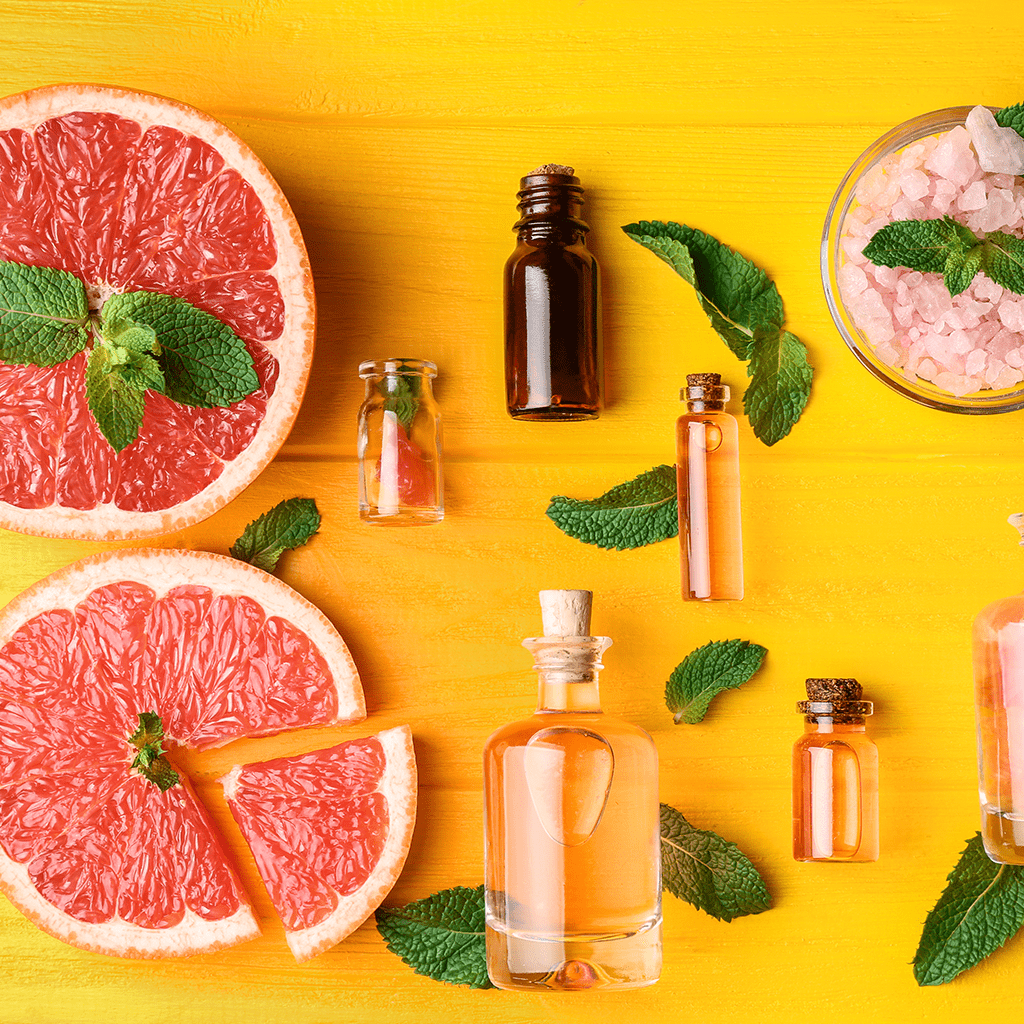
Please don’t think that just because something is natural, it’s safe. Do your research first or consult with a qualified IFPA aromatherapist.
about Carrier Oils
Carrier Oils
Carrier oils are largely derived from the seeds, kernels, or nuts of certain plants, usually through cold pressing. They are also known as base oils or fixed oils, as they do not evaporate like the more volatile essential oils. Coconut, Rosehip, Jojoba, Sweet Almond, Evening Primrose oil and Grapeseed oil are just some examples of carrier oils.
Many believe the sole purpose of a carrier oil is to dilute and ‘carry’ the more concentrated essential oil blend through the skin and into the body, lowering the risk of irritation and sensitisation. However, this does the humble carrier oil a disservice.
Containing a unique balance of essential fatty acids, antioxidants, vitamins and minerals, each carrier oil has a distinctive set of therapeutic properties of its own, which may benefit certain conditions. Not only that, but they lack the strong aromas associated with most essential oils, which suits certain people who are sensitive to smell. Their nourishing and skin protecting properties completes the list of benefits and it is clear to see that they are an important part of aromatherapy.
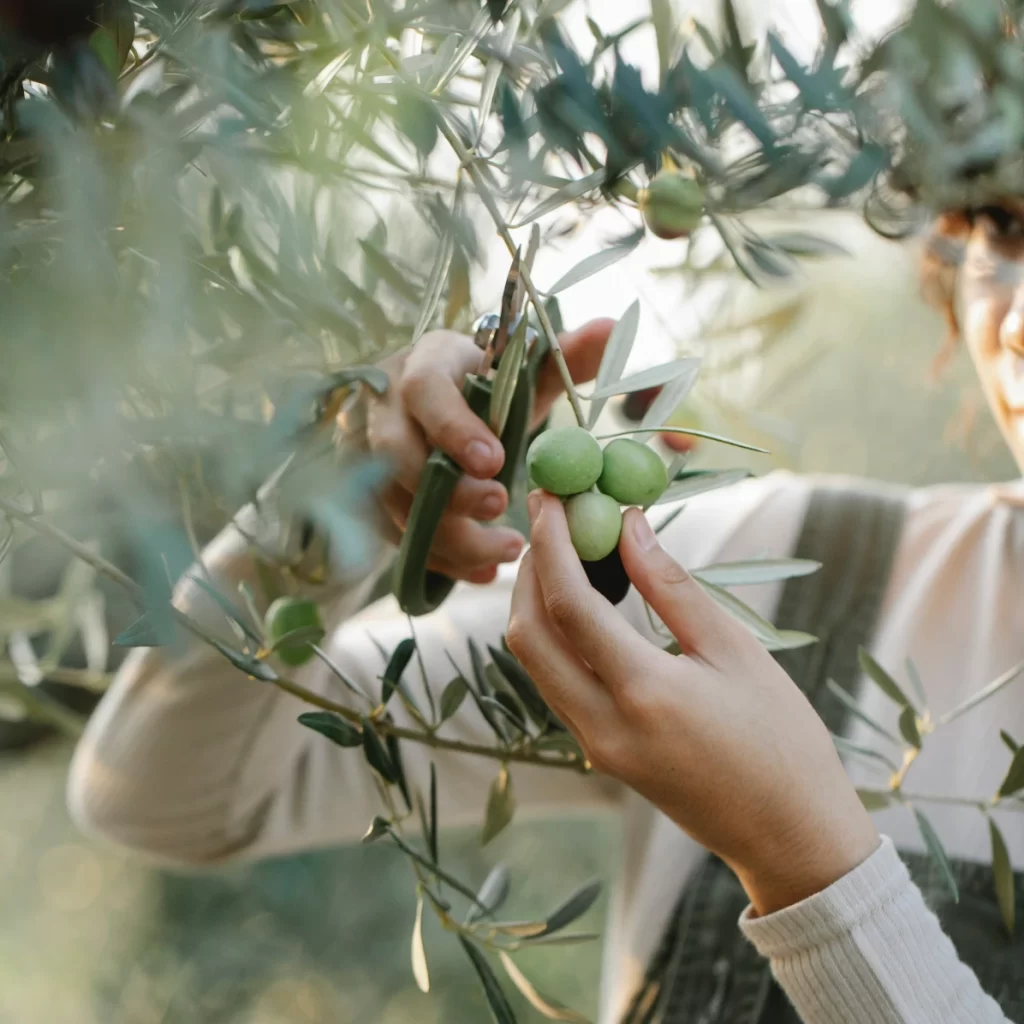
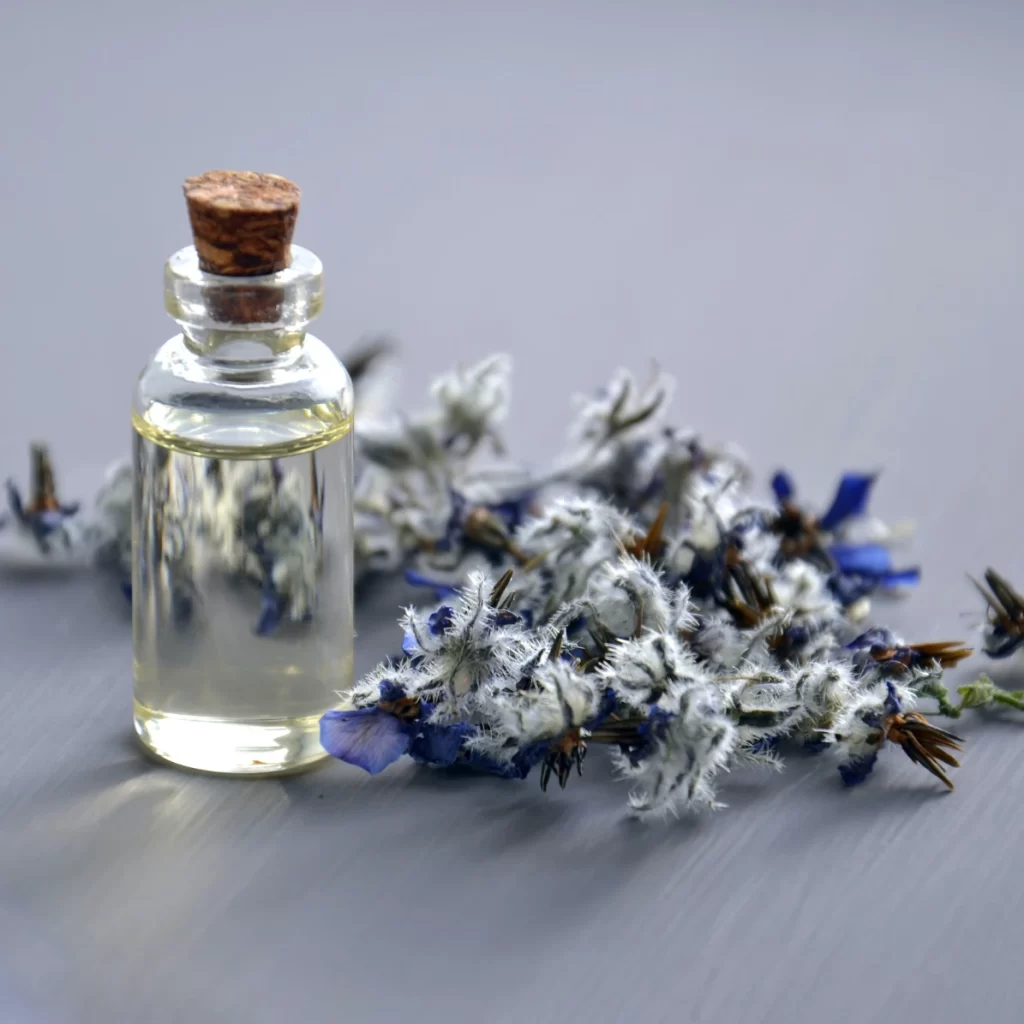
about Hydrolats
Hydrolats
Once an essential oil has been distilled off, a liquid remains behind. This liquid is known as a hydrosol, hydrolat or flower water, amongst other names. As opposed to being ‘just’ a by- product of the distillation process, hydrolats are incredibly useful themselves.
True hydrolats contain many of the water-soluble essences of the plant, in addition to trace quantities of the essential oil (the bits that have not been distilled off). They contain no additives or alcohol. They require no dilution and may be used directly on the skin.
As such, they may be considered more appropriate for those who require a gentler approach, such as babies, the elderly, those who are naturally sensitive to essential oils or people with certain conditions which precludes the use of essential oil.
It is worth noting that not all hydrolats on the market are naturally generated, using the above process. Some are artificially made by adding perfumes or essential oils to water, using a solvent. Whilst these are acceptable for use as room sprays or perfumes, such products are not suitable for use in aromatherapy.
Read More About Sustainability Regulations
about Sustainability
Sustainability
The International Federation of Professional Aromatherapists is committed to ensure that critical information about the sustainability and research of aromatherapeutic, medicinal, and herbal plants is always available for aromatherapists in the professional field.
Sustainability includes:
- Biodiversity Conservation: This includes protecting and conserving the biodiversity of plant species from which the essential oils are extracted. Issues such as overharvesting, destruction of habitat, and plant extinction are just some of these issues to take note of. Many companies are becoming increasingly involved in biodiversity conservation projects, reforestation, and the prevention of endangered species.
- Ethical sourcing: This involves taking into consideration the social, economic, and environmental impact of harvesting and cultivating plants for essential oil extraction. The welfare of local communities, indigenous people, and workers involved in the production must also be considered.
- Resource Management: This aims to manage the natural resource we have i.e., soil, by the careful use of water in order to prevent degradation and pollution. Overuse can lead to long-term environmental damage. Some companies are also finding ways to utilise byproducts from the extraction process.
- Conservation of Endangered Species: Remaining compliant with CITES (Convention on International Trade in Endangered Species of Wild Fauna and Flora) is a priority, hence essential oils from endangered or at-risk plants should not be sourced.
- Reducing Environmental Impact: Looking at things like deforestation, soil erosion, water pollution. We need to minimise negative environmental impacts. This may involve organic farming, agroforestry, and other more environmentally friendly practices.
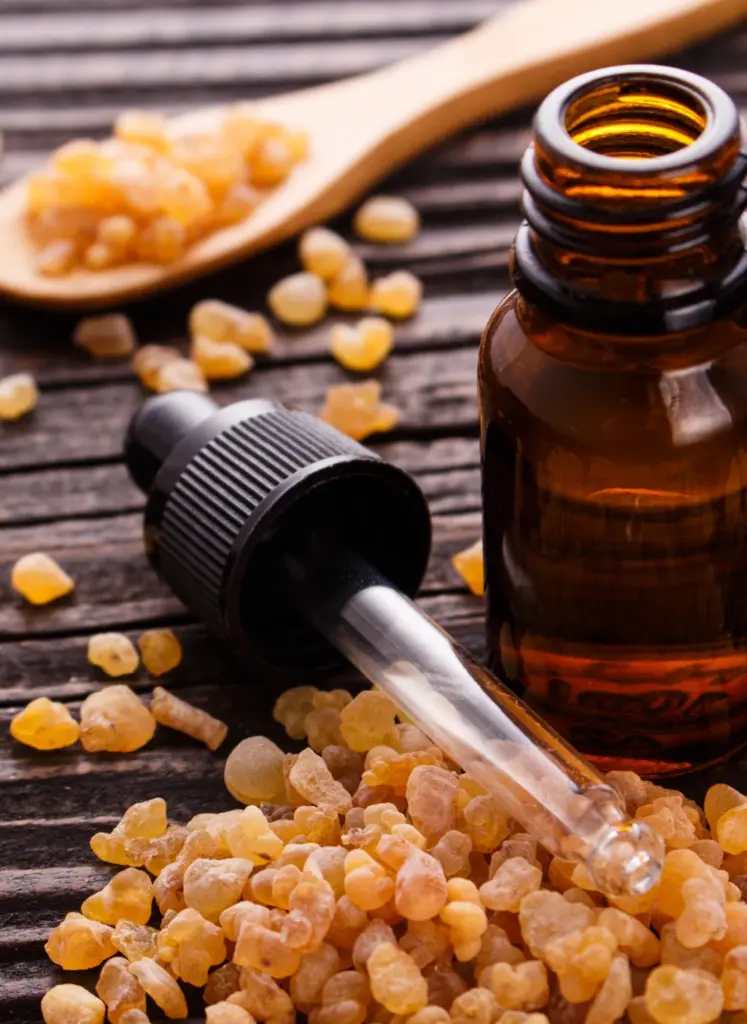
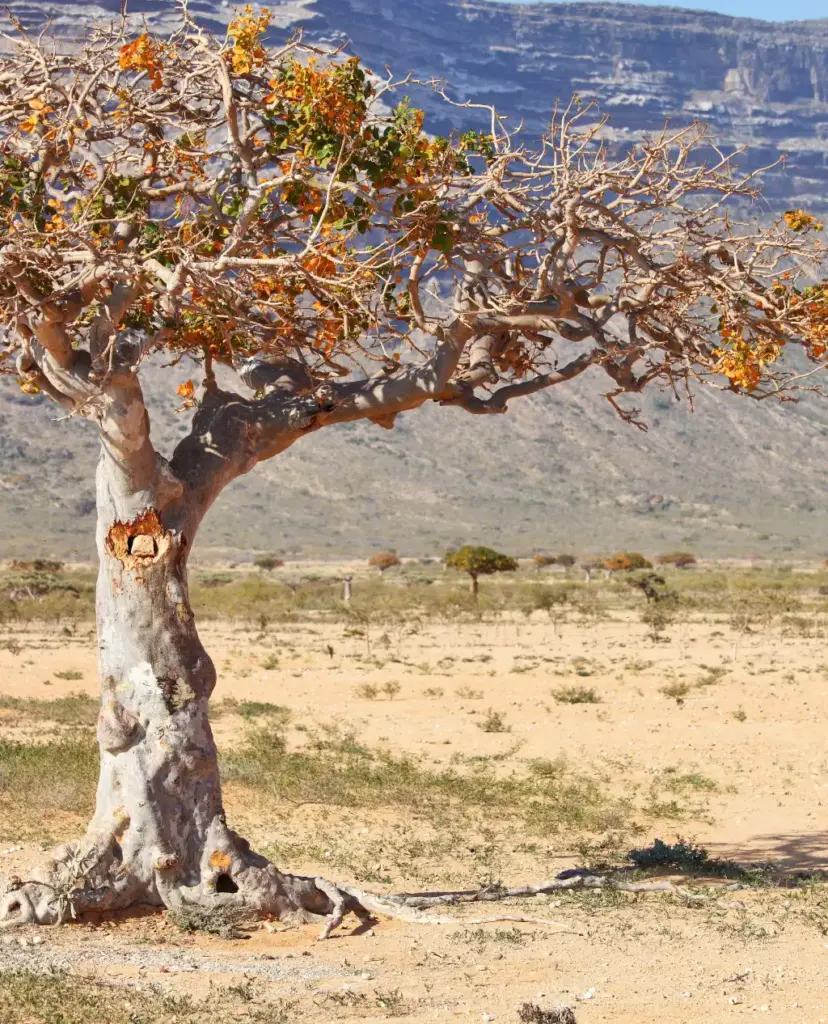
- Community Benefits: Local communities should benefit by the creation of new jobs and the supporting of economic development especially with regard to indigenous rights.
- Transparency and Certification: Sustainable essential oil producers often seek third-party certifications to demonstrate their commitment to these practices.
- Long-term viability: Sustainable essential oil production ensures that the industry can thrive in the long term without depleting resources and harming our ecosystems and having a negative impact on future generations.
- Consumer education: Sustainability involves educating consumers about the importance of choosing ethical products. By doing this, choices are made that support responsible practices.
- Research and Innovation: When we understand sustainability, it encourages us to do research into cultivation techniques, extraction methods and waste reduction. By connecting and collaborating with industry stakeholders, we aim to share best practices.
If we integrate this into the industry in which we are working, it ensures that natural products are available for future generations, without causing damage to the environment, biodiversity, and communities.
Below is a list of some established organisations that work hard for sustainability –
https://airmidinstitute.org/
https://www.asnapp.org.za/
https://www.botanicalliaisons.com/
https://saveplants.org/
https://www.iucn.org/
https://www.peopleandplants.org/
https://unitedplantsavers.org/
ifpa role
What part does the IFPA play?
The IFPA is the largest, aromatherapy specific, professional practitioner organisation in the UK. Our global membership of trained professionals provides the IFPA with its knowledge and authority, enabling us to support practicing aromatherapists and work towards improving standards of aromatherapy practice and education, not just in the UK, but around the world.
The IFPA aims to empower professional aromatherapists with ongoing training to UK national training standards. We believe that proper education, in line with the latest scientific research, is the key to developing aromatherapy as a clinical healing science. We actively encourage aromatherapy schools around the world to join us to achieve this goal.
The IFPA encourages and supports a research focus within its membership. Members are encouraged to become evidenced-based practitioners utilising the latest evidence and currently available research within their practice.
As an organisation, the IFPA endeavours to stay updated with regards to the latest government guidelines and passes this information onto our members as appropriate.
We support and encourage our members to join regional groups, to share good practice and CPD training, discuss any issues and to keep up to date with new research and information.
As members of the Integrative Healthcare Collaborative, we attend regular meetings, passing on findings to our members and raising issues where appropriate.
The IFPA has been also approved by the Complementary and Natural Healthcare Council to verify applications for registration in aromatherapy. All UK based members, who trained through one of IFPA’s accredited training providers, are automatically eligible to register with the CNHC, who are the UK regulator for Complementary Healthcare Practitioners. General Medical Council (GMC) guidance confirms that doctors may refer patients to practitioners on such accredited registers.
